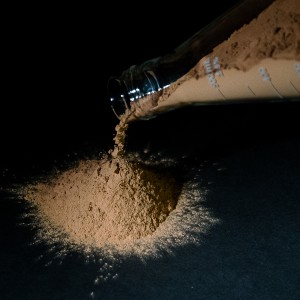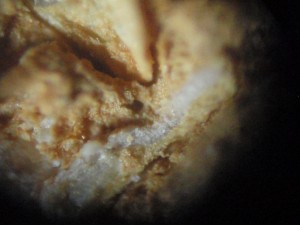
The key component of the system, the Packed Bed
Triton Ceramics is a social enterprise bringing silver-treated ceramic water treatment to people in need. We are a conscionable business interested in fair employment and social benefit to those working for and around us. We are committed to a positive impact on the communities we operate in.
Triton Ceramics is currently focused on developing a water treatment technology based on silver-treated ceramics. The device employs two very different techniques to purify water. Firstly mechanical separation strains out large organisms, then a catalyst deactivates or kills bacteria. This catalyst is a layer of silver metal that coats the pores of the device. Together these technologies produce drinking water from infected water.
Currently Triton Ceramics is in a research phase where we are taking an existing technology, combining it with our knowledge of ceramic engineering, and producing a new technology. Triton Ceramics is attempting thoroughness in research that is critically needed in the silver treated ceramics community. We insist on thorough testing using microbiology. We will not release a device until it has been proven microbiologically to kill 6-log or 99.9999% percent of bacteria. Thorough also means testing every batch of devices produced. In preparation for production, we are researching techniques that can quickly and inexpensively ensure the consistent manufacture of safe devices.
The shape of the current work leads us to experiments that help identify major variables essential to the reliable production of water treatment devices. Variables are compared to ability of the device material to kill bacteria. Together these reveal equations ensuring consistent production. Once we solidify these equations, we can design a user-friendly prototype, and thoroughly test it for effectiveness.
Technology Advantages:
- reduced energy versus boiling
- no consumables such as chlorine required to produce drinking water
- no electricity required
- safe and effective
- cost effective compared to other drinking water techniques

